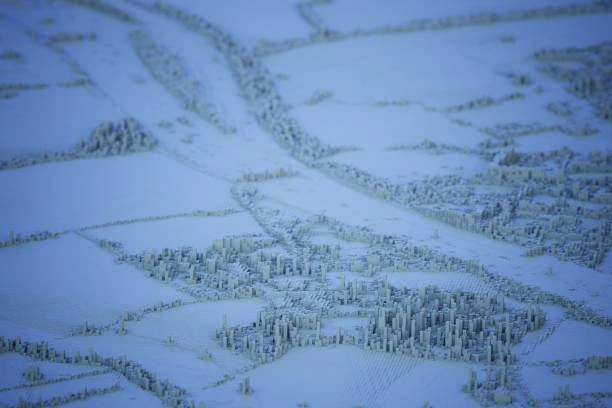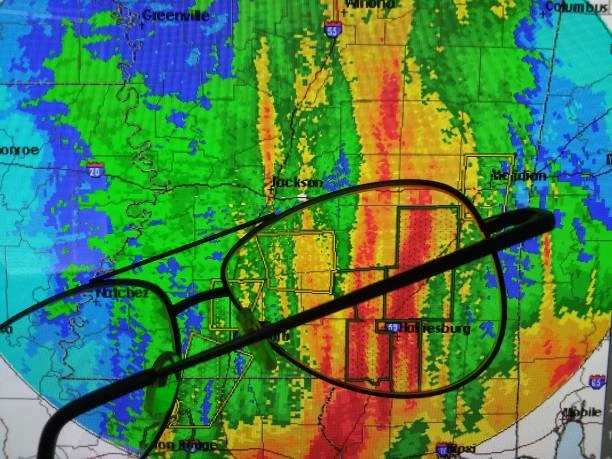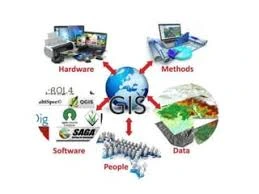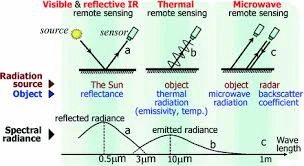Course Overview
This course provides a comprehensive introduction to Light Detection and Ranging (LiDAR) technology and its application in 3D mapping. Participants will learn about the principles of LiDAR, the process of data acquisition, and how to transform LiDAR data into actionable 3D models. The course covers the practical use of LiDAR in various industries such as environmental monitoring, urban planning, and infrastructure development. By the end of the course, participants will have a solid understanding of the capabilities and limitations of LiDAR technology and how to apply it effectively in real-world scenarios.
Course Duration
5 Days
Who Should Attend
- GIS professionals looking to expand their skills into 3D mapping.
- Surveyors and geospatial analysts interested in learning about LiDAR technology.
- Urban planners and environmental scientists seeking to utilize 3D mapping in their work.
- Students and researchers in geospatial studies or related fields.
- Professionals in the infrastructure, construction, or natural resource management industries.
Course Objectives
By the end of this course, participants will be able to:
- Understand the fundamental principles of LiDAR technology and its various components.
- Learn the process of LiDAR data acquisition and the factors that influence data quality.
- Gain practical skills in processing and analyzing LiDAR data for 3D mapping.
- Explore the applications of LiDAR in different industries and use cases.
- Develop the ability to integrate LiDAR data with other geospatial datasets for enhanced decision-making.
Course Outline:
Module 1: Introduction to LiDAR
- Definition and principles of LiDAR
- LiDAR systems and components
- Applications of LiDAR in different sectors
Module 2: LiDAR Data Acquisition
- Airborne LiDAR systems
- Terrestrial LiDAR systems
- Data collection planning and procedures
Module 3: LiDAR Data Processing
- Preprocessing (filtering, noise removal)
- Point cloud classification
- Feature extraction (ground points, vegetation, buildings)
- Digital terrain model (DTM) creation
Module 4: 3D Modeling and Visualization
- Creating 3D models from LiDAR data
- 3D visualization techniques
- Integrating LiDAR data with other data sources
Module 5: Applications of LiDAR
- Forestry and vegetation mapping
- Urban planning and infrastructure assessment
- Archaeology and cultural heritage preservation
- Environmental monitoring and natural hazard assessment
Customized Training
This training can be tailored to your institution needs and delivered at a location of your choice upon request.
Requirements
Participants need to be proficient in English.
Training Fee
The fee covers tuition, training materials, refreshments, lunch, and study visits. Participants are responsible for their own travel, visa, insurance, and personal expenses.
Certification
A certificate from Ideal Sense & Workplace Solutions is awarded upon successful completion.
Accommodation
Accommodation can be arranged upon request. Contact via email for reservations.
Payment
Payment should be made before the training starts, with proof of payment sent to outreach@idealsense.org.
For further inquiries, please contact us on details below:






